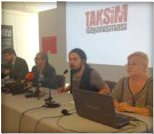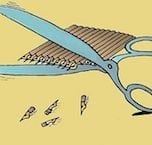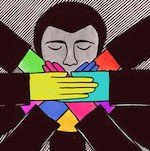JOURNALIST'S GEZI LOG
"Assault, Detention, Resignation, Unemployment"
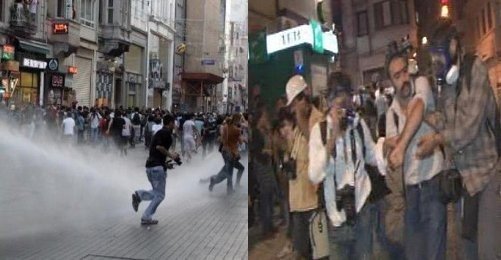
For journalists, Turkey’s Gezi Resistance mostly meant police violence, detention, resignation and unemployment. Throughout the resistance days, police targeted journalists in various ways including water cannons, tear gas, rubber bullets, dragging on the floor and assaulting. Between May 27 and September 30, at least 153 journalists were reportedly injured and 39 detained. While 3 journalists were arrested, 2 are still in prison.
Directives to media
While journalists marked as prominent target for police forces in the streets, government policies also played a key role in the violations towards media and journalists. Led by PM Recep Tayyip Erdoğan, the Turkish government gave directives towards media outlets.
Resignation, layoffs
At least 22 journalists, 1 programmer and 1 academician resigned for reasons associated with their attitude towards Gezi Resistance. 14 journalists and 6 academics were laid off for similar reasons. In many occasions, auto censure reigned media coverage damaged editorial independence and readers’ right to be informed.
Censorship everywhere
During Turkey’s Gezi Resistance until September 30, at least 1 magazine was closed while 2 writers, 1 banner and 1 TV show was censured. A TV network also faced closure. Other censure-related practices included: Suspension of TV show (1), seizure of satire magazine issue (1), change of TV show cast (1). Two public gathering regarding police violence - initiated by Justice Walk and media representatives - were blocked by the police.
24 official inquiries
Peace and Democracy Party (BDP) and Republican People’s Party (CHP) deputies submitted at least 24 official inquiries to the parliament regarding human rights violations in the Gezi Resistance protests.
Protests resumed
Several national and worldwide organisations (including journalism organisations, political parties, governments and EU) protested, warned and condemned AKP government’s policies towards Gezi Resistance. Turkey’s Gezi Resistance once more became a major highlight in the international media.
* Click here to read the original article in Turkish.
BIA MEDIA MONITORING JULY-AUGUST-SEPTEMBER 2013
Journalists and Media Gripped By Government-Police
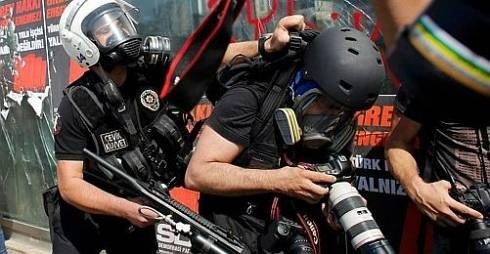
BIA MEDIA MONITORING APRIL-MAY-JUNE 2013
#Resist Press Freedom!

BIA MEDIA MONITORING JANUARY-FEBRUARY-MARCH 2013
Happy May 3 With All Jailed Journalists!

BIA Media Monitoring 2012 / Full Text

Turkey's Opposition Discusses New Judicial Reforms






